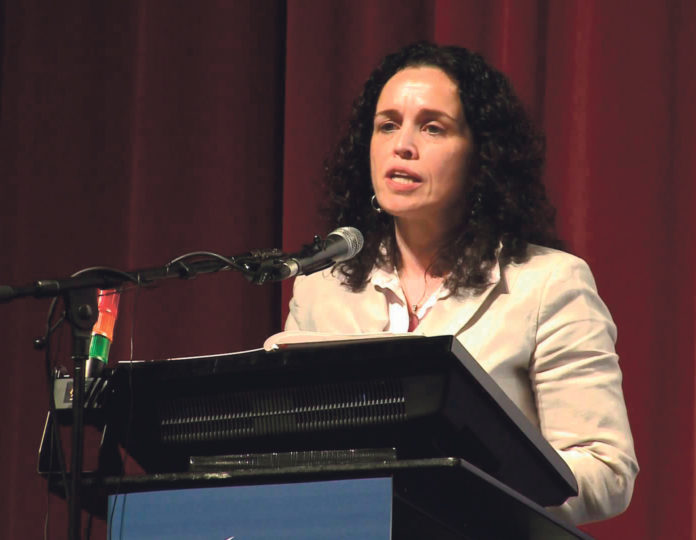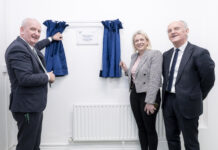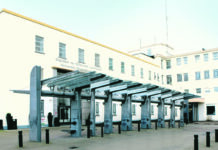
WITH 104 patients waiting for beds at University Hospital Limerick yesterday, the Irish Nurses and Midwives Organisation (INMO) has warned of a very bleak autumn and winter for the hospital service.
According to INMO figures, 65 patients who had been admitted to UHL were lying on trolleys in the emergency department yesterday morning with a further 39 on trolleys elsewhere in the hospital.
Although the numbers were reduced this morning to 98, with 62 in the emergency department and 36 in wards elsewhere in the hospital, the INMO reported a record level of 608 patients without beds in Irish hospitals.
This is the highest daily figure for the month of June since the INMO began counting trolleys in 2006.
INMO General Secretary, Phil Ní Sheaghdha said “the fact that there are 608 patients without a bed in Irish hospitals at the end of June is a warning that unless the HSE and Department of Health tackle this issue now, we are in for a very bleak autumn and winter in our hospitals.
“Every passing day that we allow trolley numbers to continue to rise in summer is an acceptance that chronic overcrowding, sicker patients and burnout nurses and other healthcare workers are going to be the key features of our health service this winter.
“Our emergency departments are pressure cookers at the moment. The fact that Covid cases have increased by over 333 per cent in hospitals in the space of three weeks coupled with long wait times to be admitted is a disaster waiting to happen.
“It is not normal that for fourth time this year we are seeing trolley numbers go over 600 at the end of June,” she declared.
“There are actions that the HSE can take in the short, medium and long term to tackle this crisis including the immediate cancellation of non-urgent elective care and the reintroduction of Covid testing when a patient presents at the emergency department.
“The Emergency Taskforce must immediately convene. The HSE and Minister for Health cannot continue to ignore the importance of this body when it comes to tackling the root causes of the chaotic scenes we are seeing in emergency departments across the country,” Ms Ní Sheaghdha added.









